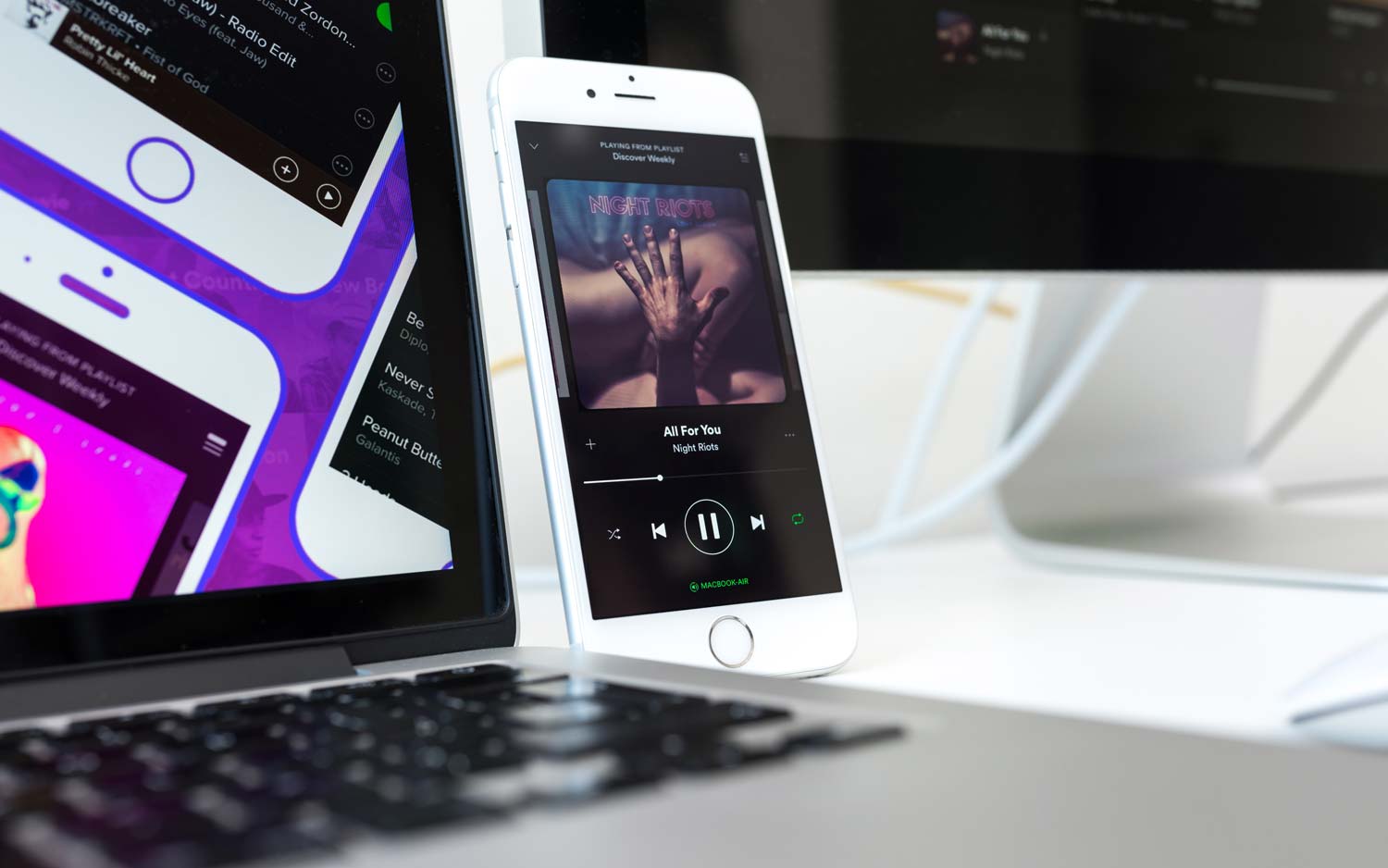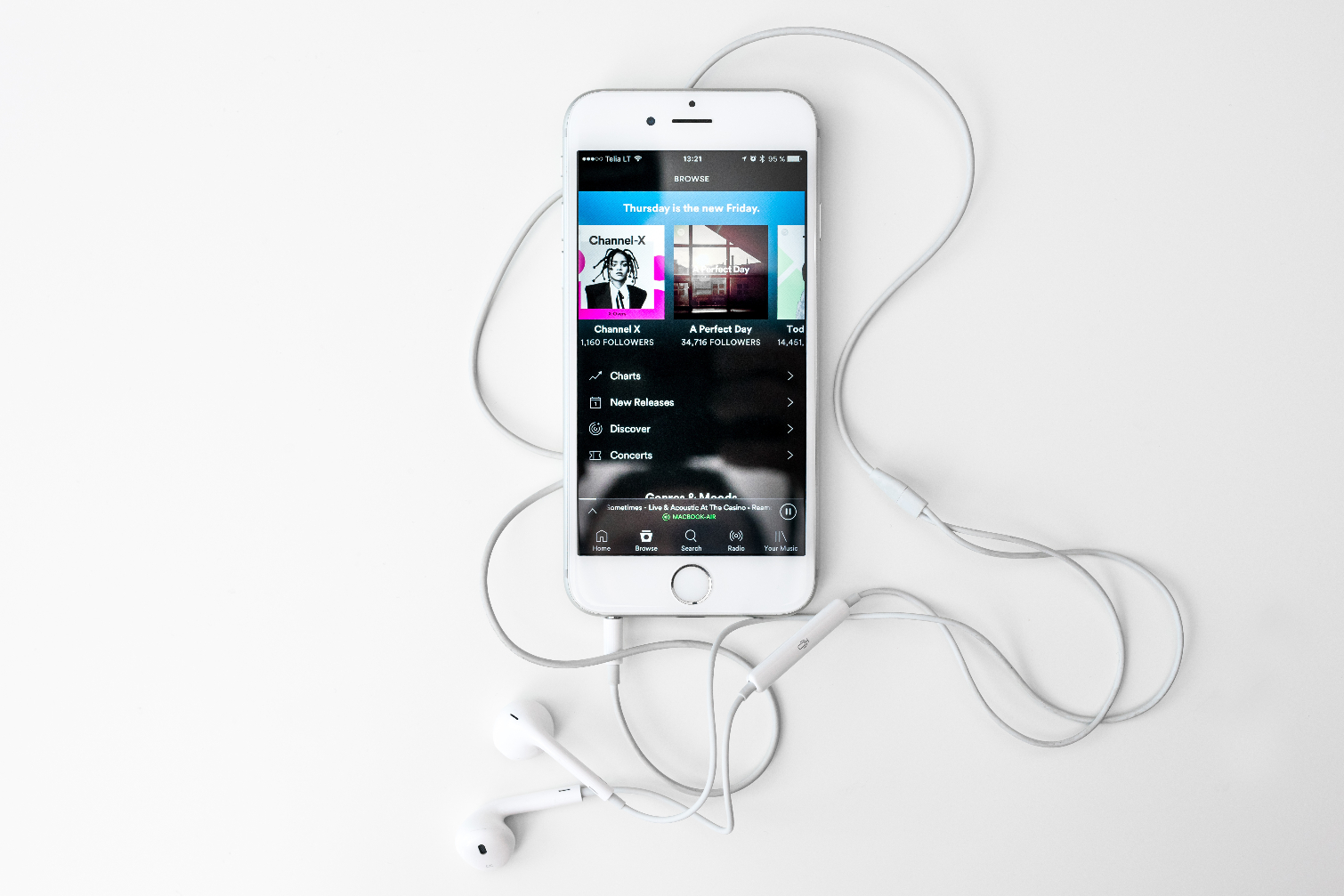Apple vs. Spotify Antitrust Battle Could Change the App Store Forever
The European Union has the power to radically change Apple operates if it sees any signs of monopoly abuse.
The European Union is launching an antitrust investigation against Apple following allegations of unfair monopolistic power abuse. Depending on the result, this could bring a radical change to the way the App Store works.

According to the Financial Times, three sources familiar with the probe confirm that the EU competition commission will put Apple in its crosshairs, following other cases that condemned Google and Microsoft for abuse of power.
Those cases ended in multi-billion dollar fines — the commission can fine up to 10% of all global revenue as a punishment for abuse of power. But the worse thing for Apple — and perhaps to consumers’ convenience — is that it could potentially change the App Store forever.
How antitrust cases work
To give you an idea of how harsh the punishment can be, in 2007 the EU forced Microsoft to ship Windows without the Windows Media Player following an antitrust case that started with a Sun Microsystems’ complaint back in 1993. This stripped Microsoft off a clear advantage against other players, like Apple Quicktime. While competitors needed to convince users to install a media player, Microsoft used Windows to establish WMP as the de facto standard media platform for PCs. That judgement also resulted in an initial $798 million fine, but subsequent fines racked up the final amount to over $2 billion.
The EU hit Google with three investigations that radically changed the way the company operates AdSense, Google Shopping, and Android itself. The latter lawsuit dictated that Google must stop forcing Android phone manufacturers to install and set Google Search Google Chrome as defaults, among other things. It also opened the field to third-party app markets like Aptoide. The Mountain View company had to pay a whopping $8 billion in fines.
At the time, Google argued that Apple did a similar thing in iOS, pre-installing and setting its own applications as default, forcing people to use Mail.app rather than something like Gmail or Outlook every time they clicked on a mail address. In fact, Apple made impossible for customers to get rid of its own first-party apps until iOS 12, perhaps smelling that it wouldn’t take long for the commission to become aware of this practice.
Get instant access to breaking news, the hottest reviews, great deals and helpful tips.
Apple vs. Spotify
But now the EU seems to have had enough regarding the 30% tax Apple collects from subscription services. Spotify claims that this collection is unfair — Apple doesn’t do anything to justify this tax to content providers, which doesn’t apply to other services like Uber.
Apple responded that Spotify takes advantage of the App Store to get clients but doesn’t want to give back anything to the system. It also argues that the App Store is a convenient, secure place for consumers, keeping evil applications at bay. (Of course, plenty of rogue apps were distributed in the App Store, including some from big developers like Facebook.)
Apple also argues that its one-click payment system makes it very easy for consumers to make purchases, including subscribing to services like Spotify.
MORE: Apple vs. Spotify: Who's Really Right?
It’s true that Apple provides Spotify with a marketplace and, as such, is entitled to some compensation. But it’s also true that the company could choose to charge apps like Spotify some money for each free app downloaded through its servers.
However, as it stands now, Spotify doesn’t use Apple’s infrastructure to distribute its music to iOS devices, so why is Apple getting a cut of that? Apple doesn’t seem to have a good reason 30% to Spotify, a 30% overhead that its own Apple Music business doesn’t have.

Apparently, the EU commission is thinking along these lines. The Financial Times’ sources say that the commission decided to go ahead with the investigation after careful “consideration of the complaint and surveying customers, rivals and others in the market.”
Like in Microsoft’s case, the investigation can take years and result in a debacle of Qualcomm-sized proportions. Apple can also do like Google, and end things as fast as they can by paying a fine and voluntarily changing the way they do business to the satisfaction of the European authorities. It seems like the latter is the most reasonable path of action, since this 30% tax looks like a clear abuse of monopolistic power.
What does this mean for you?
If Apple ends opening up the iOS platform to third party marketplaces, Spotify wouldn’t need Apple’s subscription services to establish a commercial relationship with customers. It could add its own subscription option right into the app, something that Apple specifically bans right now.
If Apple allows content providers to include an in-app subscription option independent of the App Store, it will be mildly less convenient that just putting your fingerprint on the home button or looking at your screen. But having to enter your credit card information once doesn’t seem like a bad trade-off.
This will of course affect Apple, which would lose a lot of revenue that it’s getting for free right now. But for consumers? If anything, it could increase competition between both companies’ services and lower prices for everyone.
Jesus Diaz founded the new Sploid for Gawker Media after seven years working at Gizmodo, where he helmed the lost-in-a-bar iPhone 4 story and wrote old angry man rants, among other things. He's a creative director, screenwriter, and producer at The Magic Sauce, and currently writes for Fast Company and Tom's Guide.
 Club Benefits
Club Benefits






